Entry Category: Government and Politics
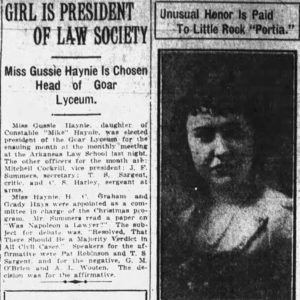 Gussie Haynie Article
Gussie Haynie Article
Haynie, Gussie Faye
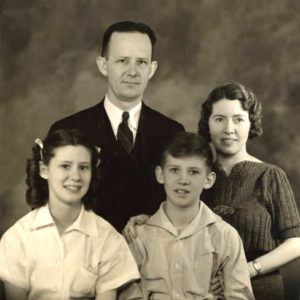 Hays Family
Hays Family
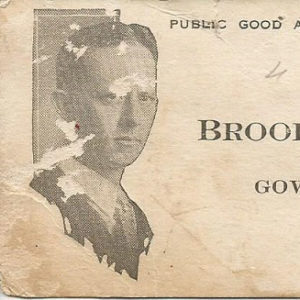 Brooks Hays Card
Brooks Hays Card
Hays, George Washington
Hays, Lawrence Brooks
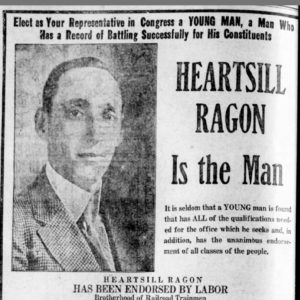 Heartsill Campaign Ad
Heartsill Campaign Ad
Heartsill, Willie Blount Wright (W. B. W.)
Heckaton
 Religion, Mural by Paul Heerwagen
Religion, Mural by Paul Heerwagen
 War, Mural by Paul Heerwagen
War, Mural by Paul Heerwagen
 Justice, Mural by Paul Heerwagen
Justice, Mural by Paul Heerwagen
 Heifer Project International HQ Dedication
Heifer Project International HQ Dedication
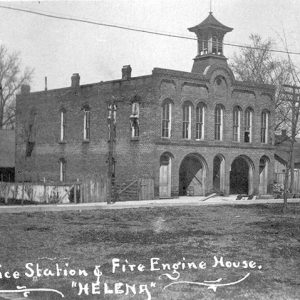 Helena City Hall
Helena City Hall
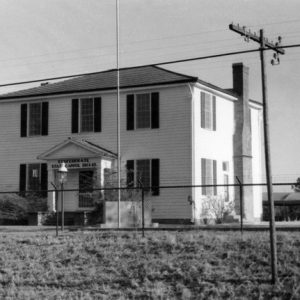 Hempstead County Courthouse
Hempstead County Courthouse
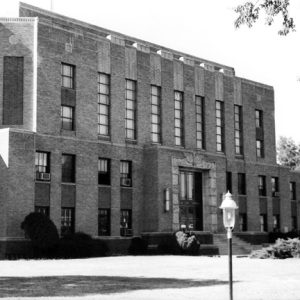 Hempstead County Courthouse
Hempstead County Courthouse
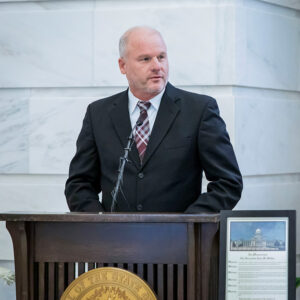 Jim Hendren
Jim Hendren
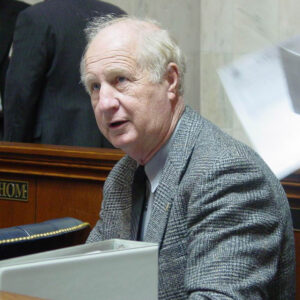 Kim Hendren
Kim Hendren
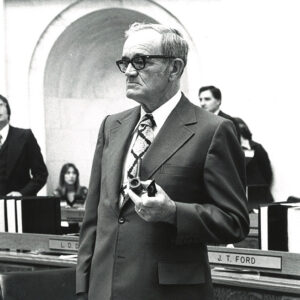 Olen Hendrix
Olen Hendrix
 James French Hill
James French Hill
Hill, James French
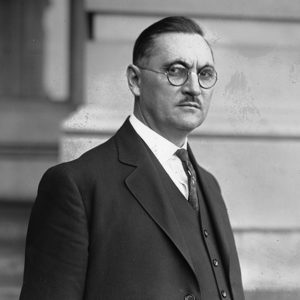 Samuel B. Hill
Samuel B. Hill
Hill, Samuel Billingsley
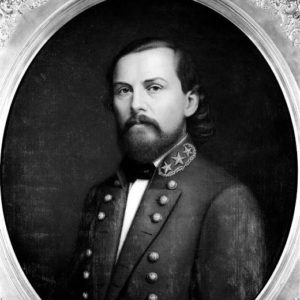 Thomas Hindman
Thomas Hindman
Hindman, Thomas Carmichael
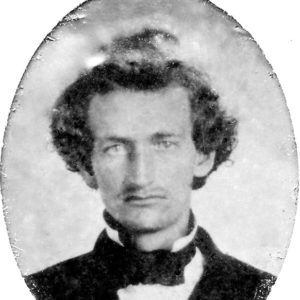 James Hinds
James Hinds
Hinds, James
Hodges, Asa
Hodges, Earle William
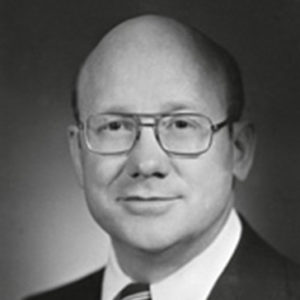 Kaneaster Hodges
Kaneaster Hodges
Hodges, Kaneaster, Jr.
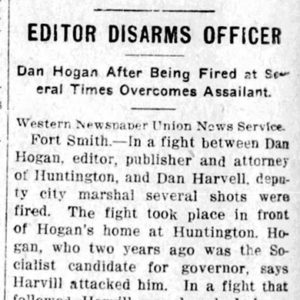 Dan Hogan Article
Dan Hogan Article
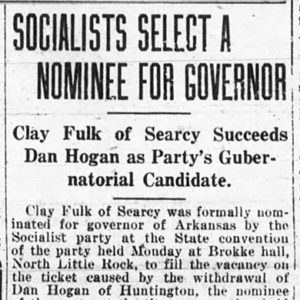 Dan Hogan Withdrawal
Dan Hogan Withdrawal
Hogan, Dan
Hogan, Edmund
Hollensworth, Carroll Charles
Hollis, Mary Cal
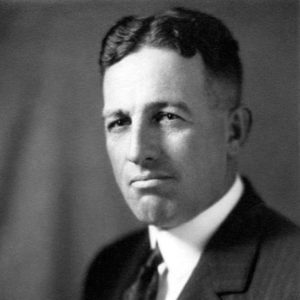 W. J. Holloway
W. J. Holloway
Holloway, William Judson
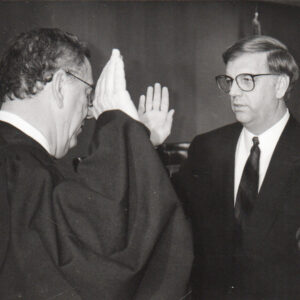 Jack Holt Swearing in Dan Flowers
Jack Holt Swearing in Dan Flowers
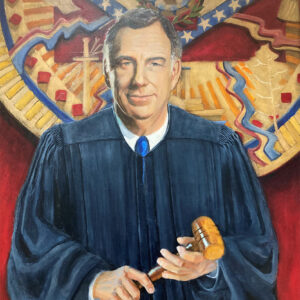 Jack W. Holt
Jack W. Holt
Holt, Jack Wilson, Jr.
Holt, Jack Wilson, Sr.
Holt, Joseph Frank
Homelessness
Honorable, Colette Dodson
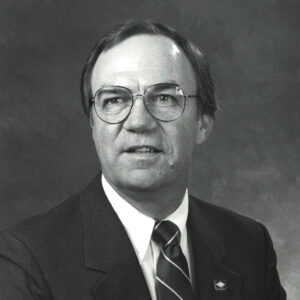 Cliff Hoofman
Cliff Hoofman
Hoofman, Clifton Howard (Cliff)
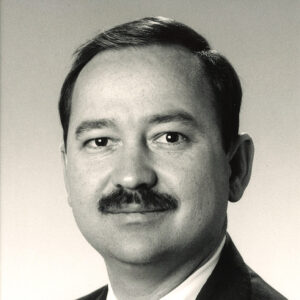 George Hopkins
George Hopkins




